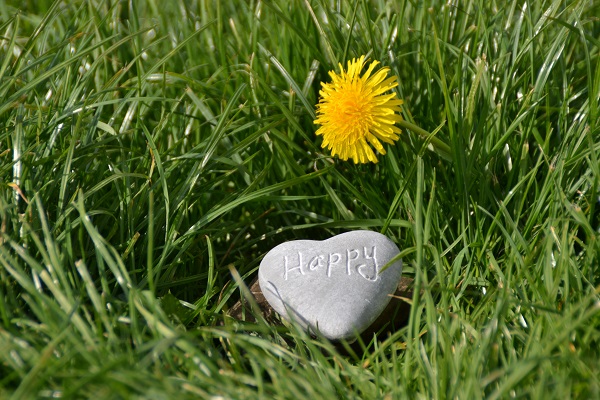We spend a large portion of our lives searching for things that make us happy. What works? That depends, but we have identified a few common elements that tend to be found in happy people. Here are three recent findings from the field of happiness science that may help guide you towards happiness.
Be Autonomous
Money can’t buy happiness. But research generally shows a positive association between income and happiness. What might we learn from high wealth individuals about how to optimize our own happiness? One insight comes from exploring the way wealthy people choose to work and spend their time.

There was one key difference is that rich people were more likely to spend time on work activities that offered more personal autonomy — that is, work they decided to do themselves instead of following the guidance of others. This was shown to relate to higher life satisfaction. Another interesting difference is that the rich tended to spend more time engaging in active leisure pursuits (for example, praying, socializing, exercising, and volunteering) while other engaged in more passive leisure activities (watching TV, napping and resting, and doing nothing).
Tune Into Your Sense Of Mattering
Happiness comes in two forms. There is in-the-moment happiness, which is derived from things that give us immediate pleasure, like eating a chocolate bar or taking a hot shower on a cold day. There’s also the related idea of life meaning, fulfillment, or reflective happiness. We experience this type of happiness when we reach a milestone or create something we are proud of. It may not be as state-altering as in-the-moment happiness, but its effects can be just as potent, especially in the long run. Meaning provides us with the sense that our lives matter, that they make sense, and that they are more than the sum of our seconds, days, and years.

When It Comes To Happiness, Age Is On Your Side
Youth, they say, is wasted on the young. Fortunately, the same cannot be said about happiness. Most research suggests that happiness, well-being, and life satisfaction increase gradually from early adulthood to middle age. Optimism is lowest in people’s 20s, then rise steadily into people’s 30s and 40s, peaking in people’s 50s, and gradually declining after that. Specifically, it was at age 55 that people experienced the highest levels of optimism.
Also Read: Little things that make a relationship great
To look & book wedding venues, vendors services, please log on to wedvendors.com










